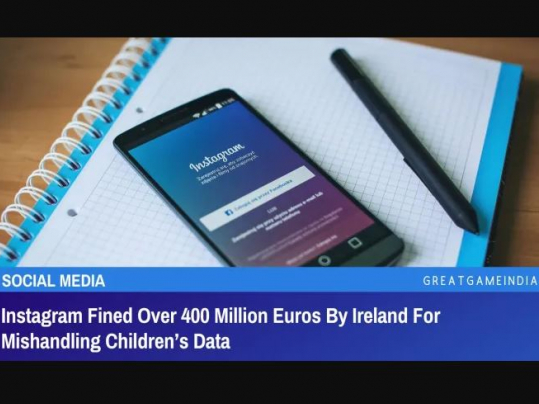The Labour MP Margaret Hodge, who has long campaigned against tax avoidance, said: “It is unsurprising – yet still shocking – that massively wealthy global corporations openly, unashamedly and blatantly refuse to pay tax on the profits they make in the countries where they undertake business.
“It is arrogant behaviour from large organisations like Microsoft that demonstrate how vital and necessary President Biden’s global corporate tax plan is. The UK must unreservedly grasp this opportunity to embrace Biden’s proposals.”
Ged Nash, a finance spokesperson for Ireland’s opposition Labour party, described Microsoft’s use of Ireland’s lax tax laws as “extraordinary”.
He said: “A system that allows arrangements like this to exist is unethical, immoral and unjustifiable, and needs to change radically.
“This does not sit well with Irish citizens and it does not sit well with me. This should galvanise Ireland and the international community behind the global demand for significant corporate tax reform.”
The US Senate previously investigated Microsoft and Ireland over the use of Microsoft Round Island One and other Irish subsidiaries in order to reduce taxes that might otherwise be due in the US or elsewhere.
Carl Levin, who chaired the permanent subcommittee on investigations, said in 2012 that Microsoft and other tech companies were “probably the number one user of these offshore entities to transfer intellectual property”. The committee said Microsoft began in the 1990s to establish a “complex web of interrelated foreign entities to facilitate international sales and reduce” tax.
A spokesperson for the company said: “Microsoft has been operating and investing in Ireland for over 35 years and is a longtime taxpayer, employer and contributor to the economy.
“Our organisational and tax structure reflects our complex global business. We are fully compliant with all local laws and regulations in the countries where we operate.”
Paul Monaghan, the chief executive of the Fair Tax Foundation, said: “The tax aggression being displayed by Microsoft, and facilitated by Ireland, is beyond belief.
“Despite shareholder dividends of $55bn being paid out, not one cent in tax has been paid.
“This race to the bottom on tax competitiveness is truly distasteful, not least at a time when countries across the globe are trying to rebuild their public services post-Covid.
“It is no longer tenable for a decent and responsible nation state to stand up and proclaim its democratic right to produce CFCs or lead additives, and beggar the impact on the rest of the world. The same goes for the enablement of tax avoidance and evasion, which are toxic pollutants of the world’s financial systems.”
Conor O’Neill of Christian Aid Ireland said the revelations shone a fresh spotlight on Irish tax policy that “has been designed precisely to facilitate this kind of avoidance”.
He said: “Successive [Irish] governments have taken a whack-a-mole approach to reform: if one scheme shuts down, another opens up to replace it. Extensive tax breaks and allowances still enable some of the most profitable companies in the world to funnel profits through Ireland and shelter them from tax, and the fundamental policy of facilitating avoidance remains.”
Justin Thacker, the director of Church Action for Tax Justice, said: “The way big multinationals engage in tax-dodging globally is a moral and social scandal.”
Microsoft, Amazon, Facebook, the Google owner Alphabet, Netflix and Apple have been accused of paying $96bn less in tax over the past decade than the figures they cited in annual financial reports would seem to entail.
The companies paid $219bn in income tax, just 3.6% of their total revenue of more than $6tn. Income tax is paid on profits, but researchers said the “Silicon Six” were deliberately shifting income to low-tax jurisdictions in order to pay less tax.




















